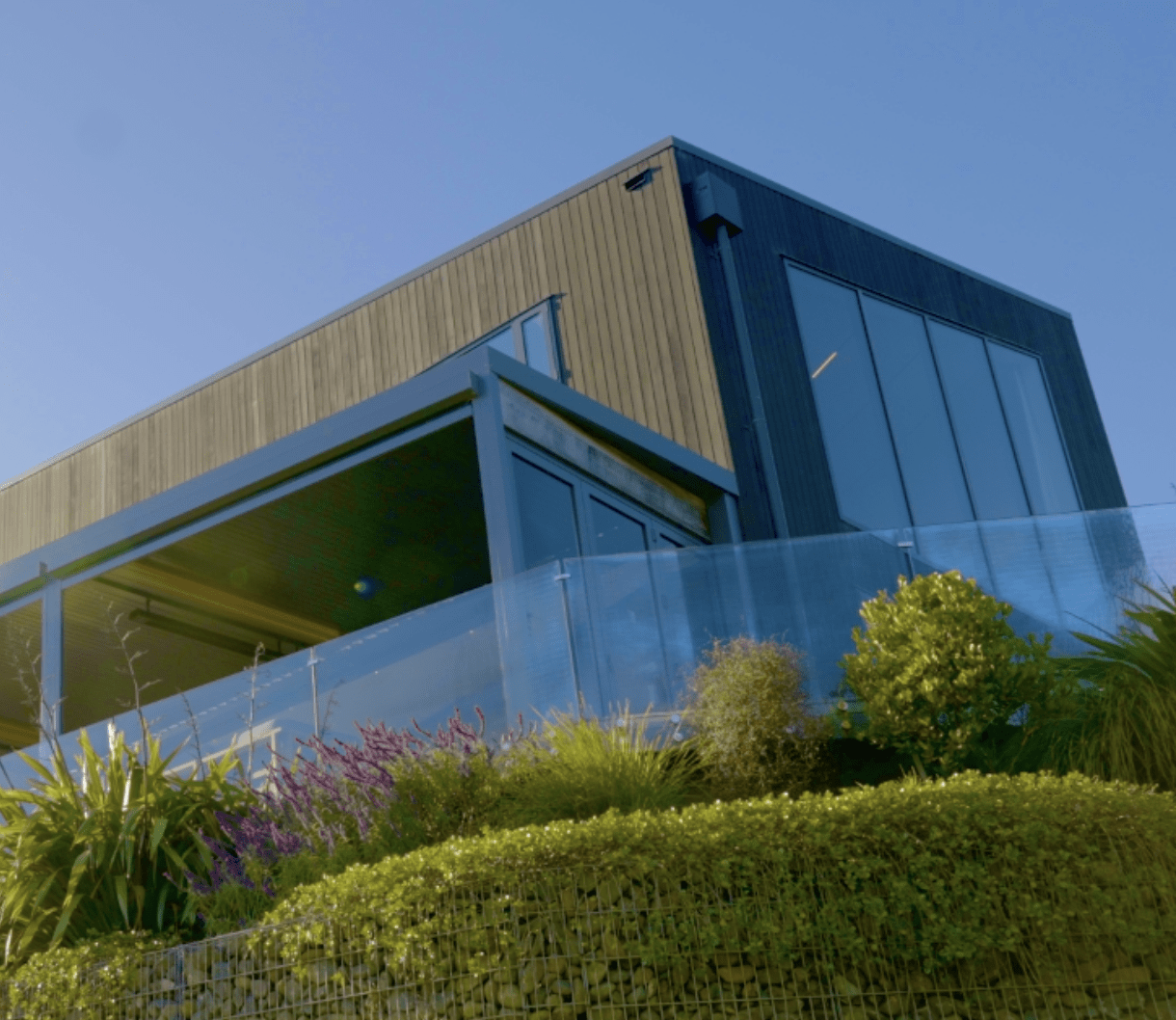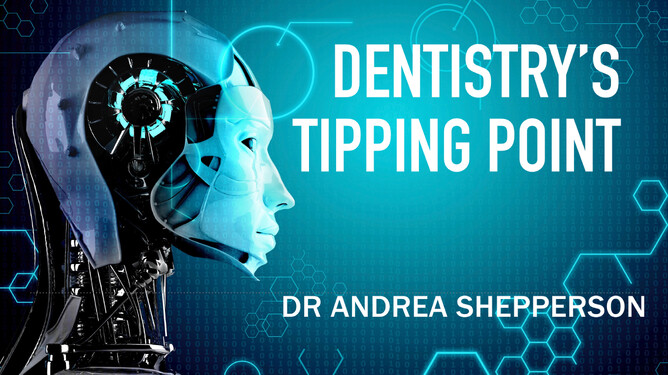The dental industry stirred recently. In some quarters it sat bolt upright.
The dental world, like every other industry, is staring some interesting changes in the face. Our tech centric lives, and global disruptors to the way work is done, are impacting the industry in interesting ways. What are the disrupters and how do we need to respond as professionals to thrive in the midst of so much change?
Two articles caught my eye in dental and popular media….
Open Source Orthodontics
College student Amos Dudley decided to open source his crooked mouth and design his new smile. He used readily available software and 3D printing to manufacture his own orthodontic treatment, and the world reacted. The dental response ranged from impressed at Dudley's meticulous approach, to wry amusement or concern, depending on where you sat on the dental industry spectrum.
The public responded with a "Good on you mate, expensive dentists deserve a wake up call". Some even offered their phone numbers so Amos could get in touch to provide cost effective orthodontic solutions.
Experienced clinicians judged the final result, noting that the final smile was imperfect and likely to relapse without retention or respect for occlusion.
Amos quickly dispelled the notion that he would be making aligners for anyone, let alone accepting fees for the proposition. That probably had something to with practising dentistry without the required licensure and no doubt some legal intervention to protect trademarks and IP.
Amos signalled the talents of the Maker Movement, a shift to affordable and accessible technology and creative tech minds where niche is no longer confined to specialist providers. This doesn't mean we will have unskilled DIY dentists delivering care. It does mean that we need to start understanding the impact of a tech centric future on our professional lives. How do we prepare ourselves and what choices do we make to embrace change?
AI & Bots
Futurist dental commentator Dr Marc Cooper paints a catastrophic picture in his recent blog "The End of the Dentist as a Diagnostician".
He refers to Viv – the super brain developed by Siri's founders at Viv Labs - Dag Kittlaus, Adam Cheyer and Chris Brigham. Viv strives to be the first consumer-friendly assistant to process massive troves of data to predict and fulfil our desires, with solutions derived in 1/20th of a second.
Dr Cooper paints a picture of Viv formulating "diagnostic trees" and "best practice" treatment plans, with super-computers taking over from dentists.
I agree with Dr Cooper that data will be at our fingertips and diagnosis will shift from variable cognitive interpretation, depending on the diagnostician, to an algorithm. However the next step requires much more than a series of best practice treatment steps built on risk and prognostic calculations.
Will AI know what to do with the data and how to respond to a unique human reaction?
The next step is entirely a human one – built on nuance, humour, empathy, cultural norms, logistics and practicalities, physiologic responses such as fear and excitement, hidden objectors and authenticity. Dental treatment planning should be an elegant mix of skills that delivers a customised outcome that meets an individuals needs. Threatening a patient with data rarely produces a health-driven outcome as most experienced dentists know. If that strategy worked every nation would have a sugar tax and nobody would be obese. Then there's that lovely behavioural characteristic called changing your mind. Will Viv offer rational and plausible reasons as to why you should revert?
These decisions are not just built on best practice outcomes, but a patient's view of their own disability, the benefit the treatment will derive and an individuals desire and capability to follow the plan in that moment.
The human interpretation, bred by years of experience, is difficult to code when it has been hardwired into our brains in very unique ways from birth.
On an analytical level, it is clear that bots have a place in distilling intelligence into an algorithm. Google's AI AlphaGo beat GO champion Lee Sedol in a tactical and elegant series win in March 2016. However adding the concept of human emotional responses to an AI is still far from perfect, as Microsoft found in their recent foray into AI with teen Tay in the Twitter-sphere. Toying with Tay, the Twitter-sphere turned her into a racist who supported genocide and incest. She was swiftly removed.
Microsoft offers a wide variety of API's to 'humanise' your app through theirCognitive Services lab. An example is CaptionBot which adds the Emotion API to bring the meaning of a photograph and add a caption. However when presented with iconic images Captionbot provided some amusing captions that were somewhat off the mark.
Thriving in a Tech-Centric World
The Institute For The Future, a Palo Alto based think-tank, described Social Intelligence and Novel and Adaptive Thinking as two skills that would be essential in the future workplace. Capable and experienced dentists have honed these skills throughout their careers to provide rapid and inventive solutions to the unexpected. They break the rule-book and apply thinking, solutions and responses beyond that which is rote or rule-based.
Experience counts. Human emotion is far more complex than an emoticon. Young dentists will need to hone their skills of behavioural interpretation, partnering with experienced intuitive colleagues to balance tech with humanity. Institutions will need to encourage soft skills - balancing technical requirements of learning with the ability to read social cues, and respond adaptively.
" Pure logical thinking cannot yield us any knowledge of the empirical world; all knowledge of reality starts from experience and ends in it."
Einstein, Albert. Ideas And Opinions (p. 271). Crown Publishing Group
MOOCs — massive open online courses , Google and You Tube has it's place for dentists who want to learn new sills, apply apps and adopt new technology. Mentoring, experiential learning and patient video and feedback loops will amplify the learning outcome. I see dentistry entering a decade of 'maven meets machine'. Smart educators, individuals and organisations that can combine nurturing, experience and technology will star in a world that still hungers for connection.
Dr Andrea Shepperson is a Thought Leader and Dental Clinician who thrives on the future and writes about Dental Disruption. To have her present a Keynote address on Dentistry's Tipping Point contact her here.

